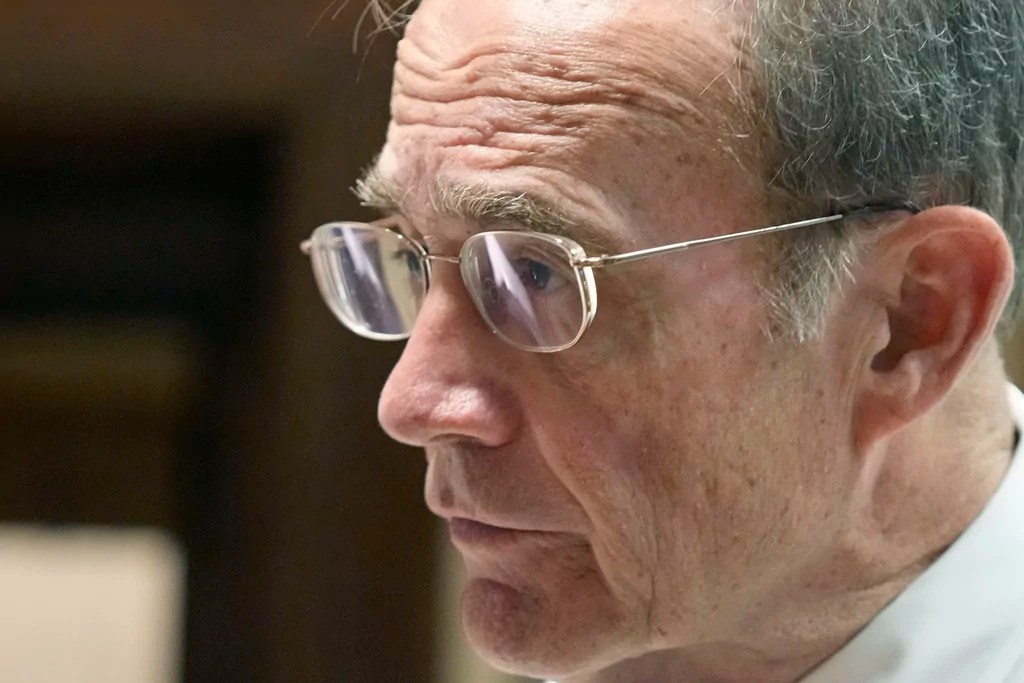First Citizens Bank to acquire Silicon Valley Bank: SVB Collapse
First-Citizens Bank has reached a deal to acquire the assets of Silicon Valley Bank about two and a half weeks after the Santa Clara, California-based bank collapsed, the Federal Deposit Insurance Corporation announced early Monday morning.
According to the FDIC, as of Monday, First-Citizens Bank & Trust Company will open its 17 former Silicon Valley Bank trees, and all SVB lenders will easily transfer their funds. The Raleigh, North Carolina-based bank has taken over all of SVB’s deposits, which are thought to total more than$ 119 billion.
A TIMELINE OF THE BANK’S DEMISE: SVB COLLAPSE
On the professional alternatives it acquired from the former Silicon Valley Bridge Bank, National Association, the FDIC and First Citizens Bank & Trust Company entered into a loss-share payments. According to the FDIC’s press release, the listener and First-Citizens Bank & Trust Company will show in the possible and likely returns on the loans covered by the loss-share agreement.
Today, we made a deal with First Citizens Bank & Trust Company to buy and take over all of Silicon Valley Bridge Bank, N.A. ‘ s deposits and loans. Co / vjDsnQxhrpic. MI5lXN5y6r on Twitter
March 27, 2023, FDIC(@ FDICgov )
After the California Department of Financial Protection and Innovation shut down SVB as a result of its decline, officials renamed it Silicon Valley Bridge Bank. The FDIC claims that Silicon Valley Bridge Bank was established to give the organization enough time to” regulate the institution and market the company.”
The FDIC estimated that SVB’s failure to its Deposit Insurance Fund ( DIF ) would cost around$ 20 billion, but the precise amount would be known when the organization” terminates the receivership.”
The SVB was shut down on March 9, the day after the FDIC abruptly announced that it needed to raise$ 2.2 billion, and the newly established Deposit Insurance National Bank of Santa Clara received its remaining property.
Questions about which banks were estimating the cost and duration of their deposits were raised by the company’s collapse. Additionally, the produce and lifespan of their possessions were questioned. As depositors rushed to get their cash back, these fears showed in the sinking of many major bank stocks.
TO READ MORE FROM THE WASHINGTON EXAMINER, Press HERE.
On the FDIC site, prospects can learn more about the transaction.
" Conservative News Daily does not always share or support the views and opinions expressed here; they are just those of the writer."





Now loading...